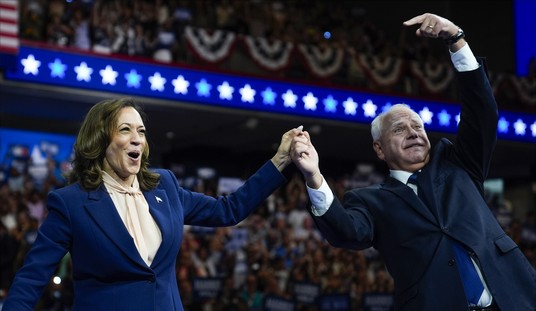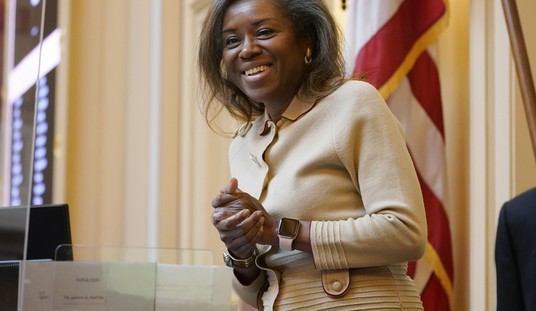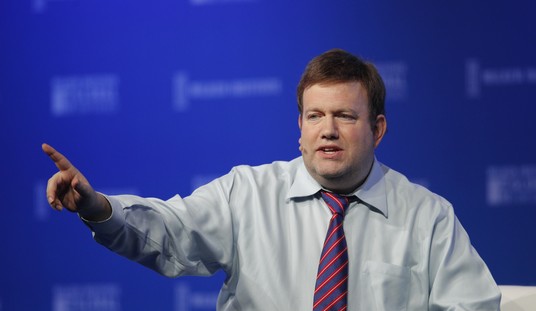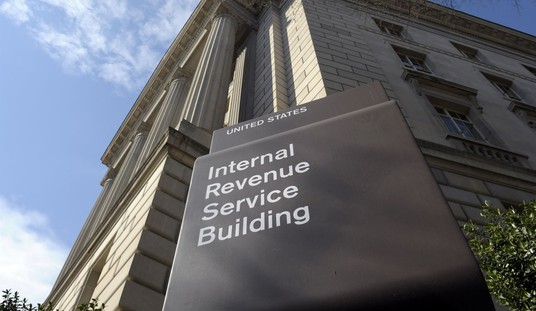If a state said they were going to request a fee of $50 to register to vote or demanded payment to pray in public, the media, civil rights activists and constitutional experts would be in an uproar and with good reason. When the government makes it harder for people, particularly low-income people, to purchase firearms, there’s a collective yawn from the same individuals.
That’s precisely what Connecticut is seeking to do by raising the costs of what it takes to own a firearm in the state on top of the purchase price of a gun:
Gun owners will see huge increases in permit fees that would raise millions of dollars to help the state combat its two-year, $3.6 billion deficit.
As part of his budget, [Dannel] Malloy is proposing to increase the state portion of the pistol permit fee from $70 to $300. He also is proposing the cost of the initial 5-year pistol permit fee from $140 to $370.
The increase in fees for gun owners will bring in another $9 million to the state annually, according to the governor’s budget estimates.
Additionally, Malloy is proposing to increase background check fees from its current $50 to $75.
That increase, the governor’s budget estimates, would bring in another $2.6 million annually to the state’s coffers.
Just to note, the fee hike being requested to go from $70 to $300 is the renewal fee after five years. The pistol permit renewal fee increase is over 400%.
The initial 5-year pistol permit fee increase from $140 to $370 is around 140%. Let’s assume a person wanted to purchase a firearm in Connecticut. The average cost of a Glock 17 Gen3 is $500.
$500 + $370 + $75 = $945 and then that person will have to pay $300 in five years to renew the license.
In this case, the fees the state collects cost nearly as much as the firearm. Where is the outcry for how this impacts poor people?
Unfortunately, courts have ruled such fees are constitutional to cover the administrative costs “of protecting the regulated activity.” That said, it is hard to see how Malloy can justify an increase of 400% for administrative costs. It’s pretty clear he’s using the fees to close a budget deficit and it may not hold up to a legal challenge.
Time will tell.












Join the conversation as a VIP Member